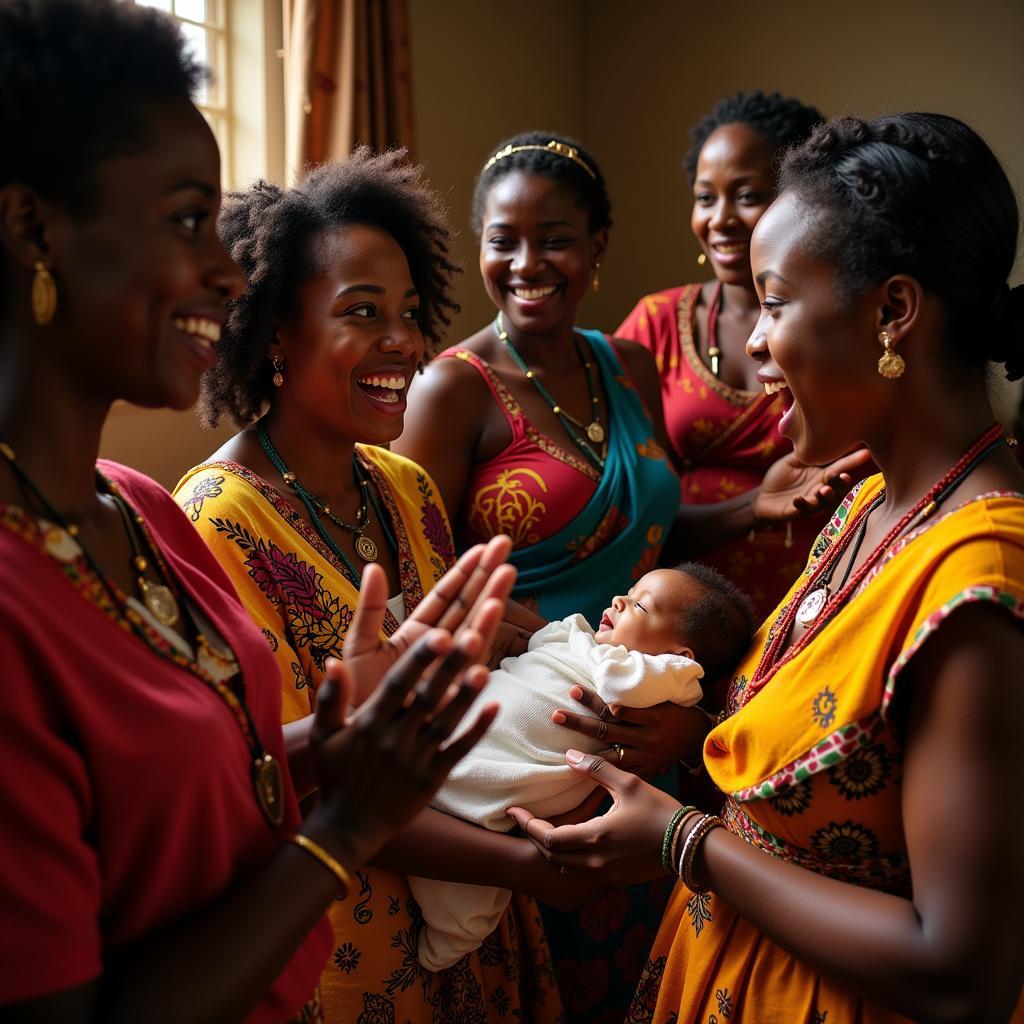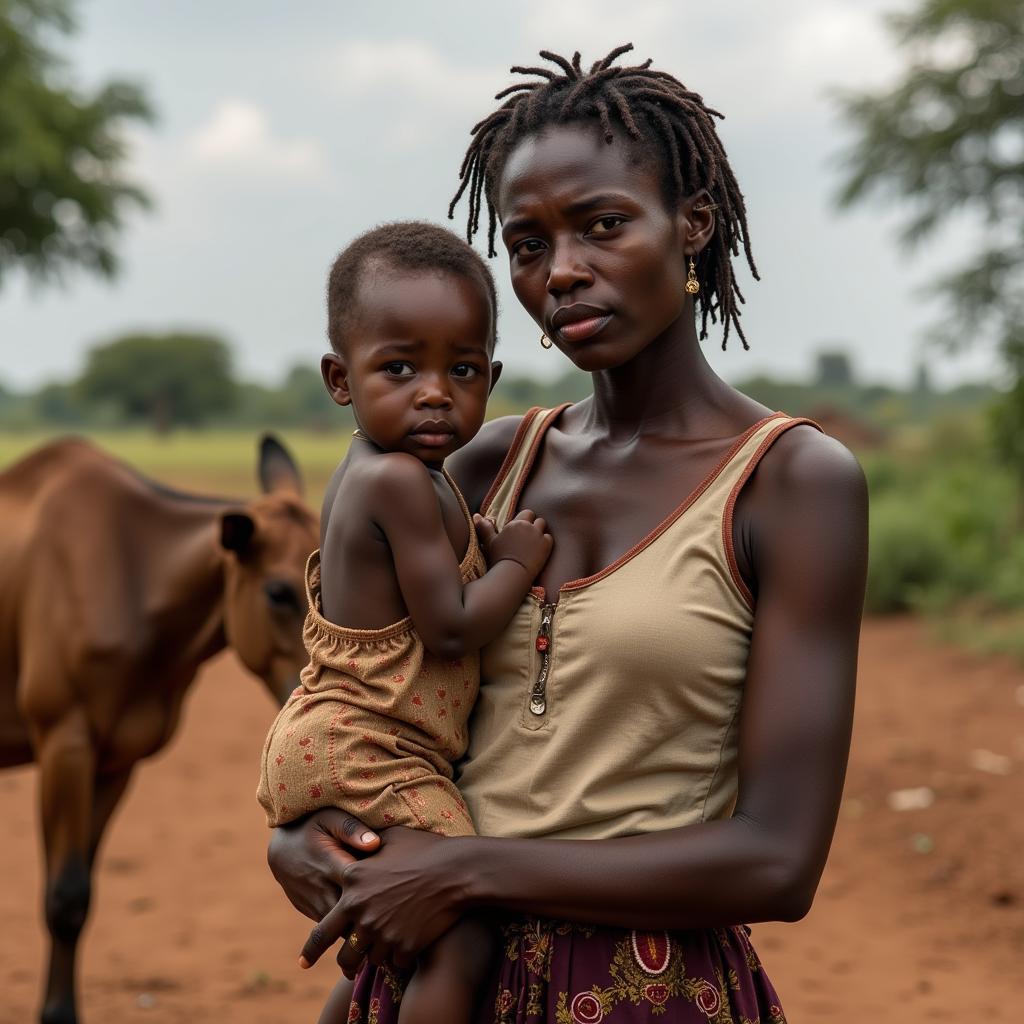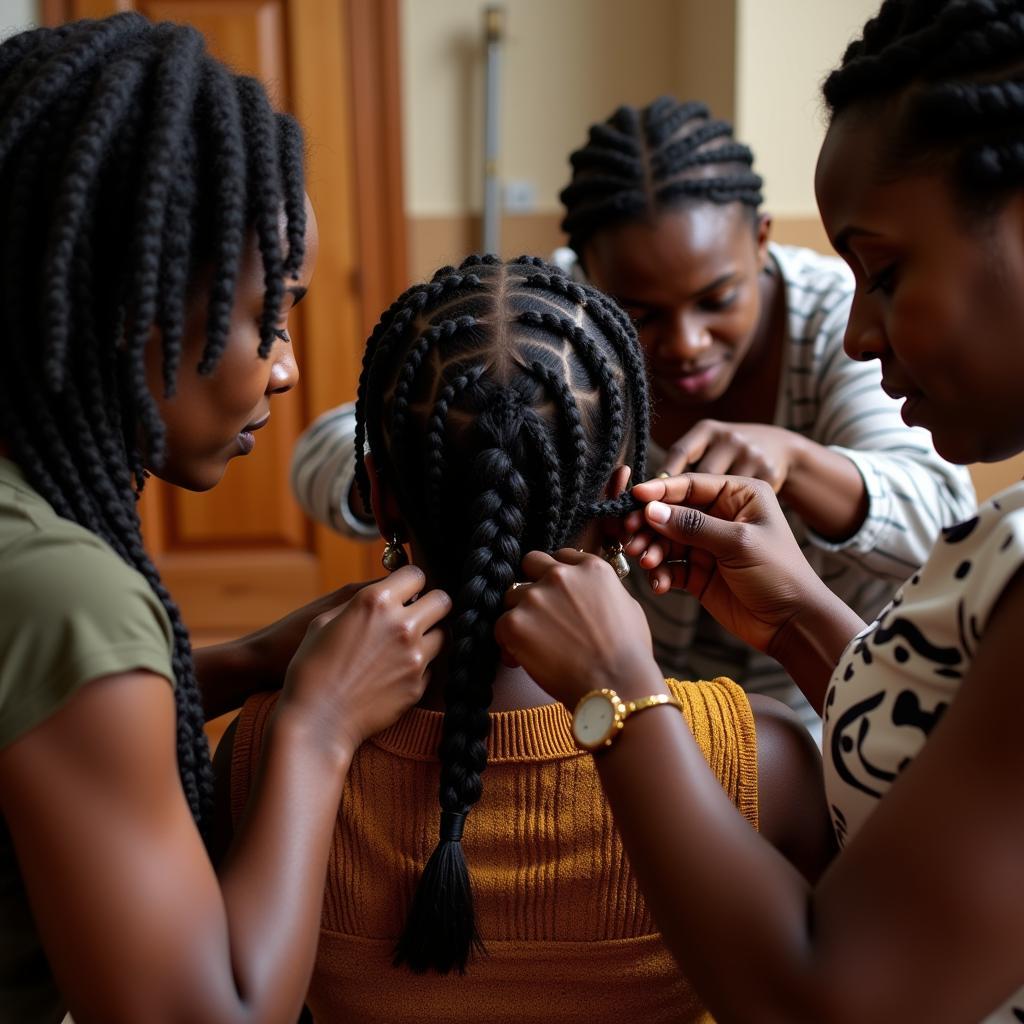African Ethnic Groups in Italy: A Growing Presence
African ethnic groups are becoming an increasingly visible and vital part of Italy’s social fabric. This article explores the diverse communities, their cultural contributions, and the challenges they face integrating into Italian society. We delve into the rich tapestry of African cultures present in Italy, examining their historical and contemporary influences.
Understanding the diverse African ethnic groups in Italy requires looking beyond simplistic labels. Eritreans, Ethiopians, Somalis, Nigerians, Ghanaians, Senegalese, and Moroccans, among others, each bring unique traditions, languages, and experiences. These diverse communities have woven their cultural threads into the Italian tapestry, influencing the culinary scene, artistic expression, and social dynamics. While integration presents ongoing challenges, these communities are actively shaping Italy’s evolving identity. African country eritrea offers a deeper understanding of one specific group’s journey.
Navigating a New Home: The Experiences of African Ethnic Groups in Italy
What challenges do African ethnic groups face in Italy? Integration is a two-way street, requiring effort from both newcomers and the host society. Language barriers, cultural differences, and navigating bureaucratic processes can pose significant hurdles. Furthermore, issues such as discrimination and prejudice can create additional challenges in accessing housing, employment, and education. Despite these obstacles, African communities demonstrate resilience and determination in building new lives and contributing to their adopted country.
Many individuals and families from African countries by colony have made their way to Italy seeking better opportunities and refuge. Their journeys are often marked by hardship and resilience, and their stories speak volumes about the human spirit’s strength.
Cultural Contributions: Enriching Italian Society
How are African cultures enriching Italy? African ethnic groups are contributing significantly to Italy’s cultural landscape. From the vibrant flavors of Ethiopian cuisine to the intricate rhythms of West African music, they are introducing new artistic expressions and culinary delights. Moreover, their presence is fostering intercultural dialogue and promoting a greater understanding of global perspectives. These contributions are enriching Italian society and challenging traditional notions of cultural identity.
One can see the impact of these communities in the increasing availability of African goods and services across Italian cities. This cultural exchange is a testament to the dynamic and evolving nature of modern Italian society.
Building Bridges: Fostering Integration and Understanding
What can be done to further facilitate integration? Promoting inclusivity and combating discrimination are crucial steps towards creating a more welcoming environment for African communities. Providing language training, access to education, and support in navigating bureaucratic processes can empower individuals to fully participate in Italian society. Furthermore, fostering intercultural dialogue and celebrating the richness of cultural diversity can help build bridges between different communities. The presence of African ethnic groups adds a new dimension to Italy’s demographic landscape, challenging pre-conceived notions of identity.
Understanding the historical context of African migration to Italy, influenced by factors such as colonization as seen in the african colonies 1930 map, provides a valuable perspective. This history helps us understand the complex dynamics at play and the challenges that need to be addressed.
African ethnic groups in Italy are making their mark, contributing to the nation’s evolving identity. While challenges remain, their presence is enriching the social, cultural, and economic fabric of Italy. By embracing diversity and fostering inclusivity, Italy can create a more welcoming and equitable society for all.
Conclusion
The growing presence of African ethnic groups in Italy is a testament to the country’s evolving multiculturalism. From their vibrant cultural contributions to their resilience in overcoming integration challenges, these communities are actively shaping the future of Italy. By continuing to promote understanding and inclusivity, we can ensure that Italy remains a vibrant and welcoming place for all its residents.
FAQ
- What are the largest African ethnic groups in Italy?
- What are some of the cultural contributions of African communities in Italy?
- What challenges do African migrants face in integrating into Italian society?
- How can Italian society better support the integration of African communities?
- What resources are available to African migrants in Italy?
- How has the presence of African communities impacted Italian culture?
- What are the future prospects for African communities in Italy?
Other Questions People Ask:
- What are the most spoken African languages in Italy?
- What are some traditional African festivals celebrated in Italy?
- How has African music influenced Italian music?
For further information on African countries that were not colonized, you can visit african counties nevber colonised.
When you need assistance, please contact us: Phone: +255768904061, Email: [email protected] Or visit our address: Mbarali DC Mawindi, Kangaga, Tanzania. We have a 24/7 customer support team.



